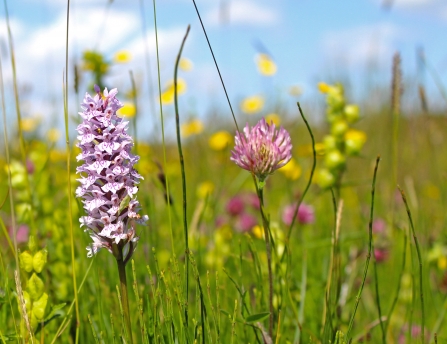Plants are extremely important, they provide us with food, oxygen, energy and a wealth of resources. Botany, the study of plants, is therefore crucial in shaping our understanding of the environment.
Pioneered by Lincolnshire Naturalists’ Union, Lincolnshire Wildlife Trust, the Sir Joseph Banks Society and the Natural History Museum, the project is called ‘Lincolnshire Plants – Past and Future’.


